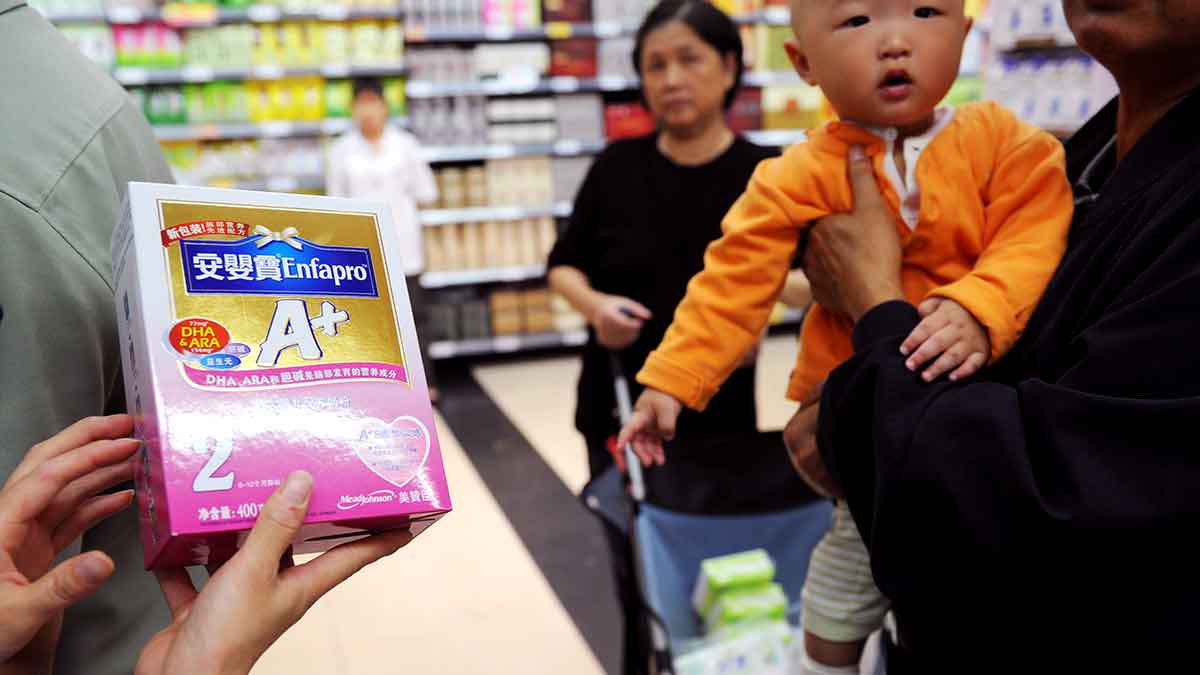The ASX small caps riding the post-COVID wave for authentication technology
Tech
Tech
COVID-19 has reset the playbook for the cohort of ASX stocks that sell product-tracking and authentication technology.
As investors assess the outlook, Stockhead caught up with two companies in the space to discuss how they’ve adapted their business model over the last six months.
What stood out was that for a sector which struggled to attract investor attention for a long time, the pandemic threw up a unique opportunity to pivot with existing technologies.
Fastest off the mark was Dotz Nano (ASX:DTZ), which has surged five-fold since the start of May after recognising a market opportunity.
“When Covid hit, we envisaged that we were going to have to do what most companies did and batten down the hatches,” chairman Bernie Brookes said.
“But I think what became evident was the recognition of a greater need for authenticity and genuine products — not only in this country but globally, as health and hygiene took priority.”
To capitalise, Brookes said DTZ switched its focus from R&D to sales & marketing, to take advantage of the “sudden interest” in market authentication for PPE (personal protective equipment) products.
That involved approaching a number of medical and dental facilities directly, which quickly turned into a strong sales pipeline.
As a result, the company has now booked “over $40m” worth of contracts – most recently an $18m deal with Canada-based PPE manufacturer Breathe Medical Manufacturing.
Brand protection company YPB Group (ASX:YPB) is another small cap operating in the space, with plans to commercialise its smartphone-readable QR codes for product authentication.
Speaking with Stockhead, company chairman John Houston said the post-COVID period has seen “increased interest” for YPB products.

Although “on the negative side, our lead times from receiving an inquiry to delivering a solution is still a relatively long one.”
“But the positive is that there’s just been an awakening. This industry – brand protection and anti-counterfeit – was pretty much dormant until the pandemic. Now there’s a lot more awareness and interest there,” Houston said.
So in the wake of such an unexpected catalyst, will the tailwinds be short-lived or can small caps in the space create an enduring competitive advantage?
For Brookes it’s the latter, because while some aspects may return to normal “the world has changed”.
Specifically in the medical sector, where Dotz has won its PPE contracts, the fallout from COVID-19 is likely to last at least through the medium term, Brookes said.
“We don’t sell authenticated masks to the public, we sell them to medical facilities and these contracts are for three to four years,” he said.
“If there is a vaccine for COVID-19, the potentially we’re still going to see strong demand running ahead of that. So the contracts we’ve signed will yield us quite a good revenue stream. “
“If you go back two years since the IPO, we’re a business that has lost sums of money, but now we’re moving to situation where earnings become positive late this year or early next year. And I think that’s reflected in the enterprise value of the company.”
Brookes said that with some extra cash in the bank, Dotz has also freed up to explore contracts in other fields it was working in before the pandemic such as counterfeit sporting products.
“There’s a number of additional streams we’re looking at, and we’re comfortable we’ll have a good pipeline of contracts going forward,” Brookes said.
Amid the shifts in demand for anti-counterfeit and authentication technology, both companies we spoke to are also focused on bringing new products to market.
After a multi-year period of development, Houston is optimistic about the rollout of YPB’s Motif Micro platform, which he called “the most advanced smartphone-readable tech in the world”.
“We’ve had it operating on the iOS for some time and the challenge has been to get it onto Android, but we’ve broken through there now it’s an exciting stage for the company.
Houston said that YPB has been “starved for capital” over the past 18 months or so, after he carried out a company restructure with a focus on costs.
However, he’s optimistic a lot of the groundwork has been done to get the product to market.
We are pleased to announce that the First order received under Master Service Agreement with NATURE ONE DAIRY® where YPB’s Connect solution has started to be printed on milk powder tins for local and export markets: https://t.co/11VQcrFeph #connectsolution #brand #anticounterfeit pic.twitter.com/9u5iyeqSz5
— YPB Group (@YPBGroup) June 19, 2020
“I’d say we’re probably about nine months behind the ideal schedule for the rollout of Motif Micro. But in the next 6-12 months this will roll out, and provide an enormous step change to the company,” he said.
For its part, Brookes said Dotz is focused on a clinical trial with Sheba Medical Center in Israel to build and commercialise a COVID-19 test.
“We’ve been working on a real-time Covid detection test based on scraping your tongue, where in 15 minutes you can be sure with 96 per cent certainty that you have or haven’t got Covid,” Brookes said.
“It’s an example of how we can use our tech in a different manner – it’s not related to the carbon dots but the fluorescent nature of dot. When it links with a protein that has Covid from someone’s DNA, it immediately triggers the testing mechanism.
“So I think that’s the main thing Covid has allowed us to do. Effectively to show our technology doesn’t just have an application in counterfeiting.
“It extends to the medical environment, as well as a range of other fields. So the application becomes really quite widespread now.”